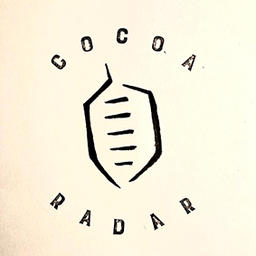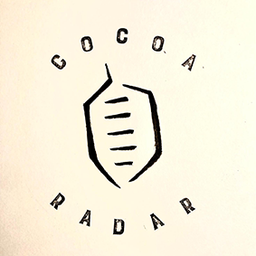In a special video message to delegates at this month’s World Cocoa Foundation Partnership Meeting in São Paulo, Dr Randy Abbey, CEO of the Ghana Cocoa Board (Cocobod), invited the gathering to next convene in Ghana.
Unfortunately for the West African country, the offer came in too late as the host city for the 2026 WCF Partnership Meeting will be Amsterdam in conjunction with the Chocoa festival.
Still, there is a strong case to accept the invitation in two years as Ghana’s cocoa sector needs all the help it can get to fight crop disease that affects 40% of cultivated areas and climate change.
Abbey, who took up his role at the beginning of the year, said the board plans to invest $1.2 billion over five years to combat these issues, including mapping and rehabilitating farms. He also confirmed that its cocoa farmers are ready for the forthcoming EUDR regulations.
Along with illegal mining and alternative land usage that is shrinking Ghana’s cocoa-growing areas, Abbey highlighted the rising use of cocoa butter equivalents and substitutes as a concern, with potential implications for chocolate bars if prices remain high, and called for limits on cocoa butter substitutes.
Abbey reminded delegates that a sustainable cocoa price is defined as one that allows farmers to live with dignity, attracts new generations of producers, and maintains an efficient domestic supply chain.
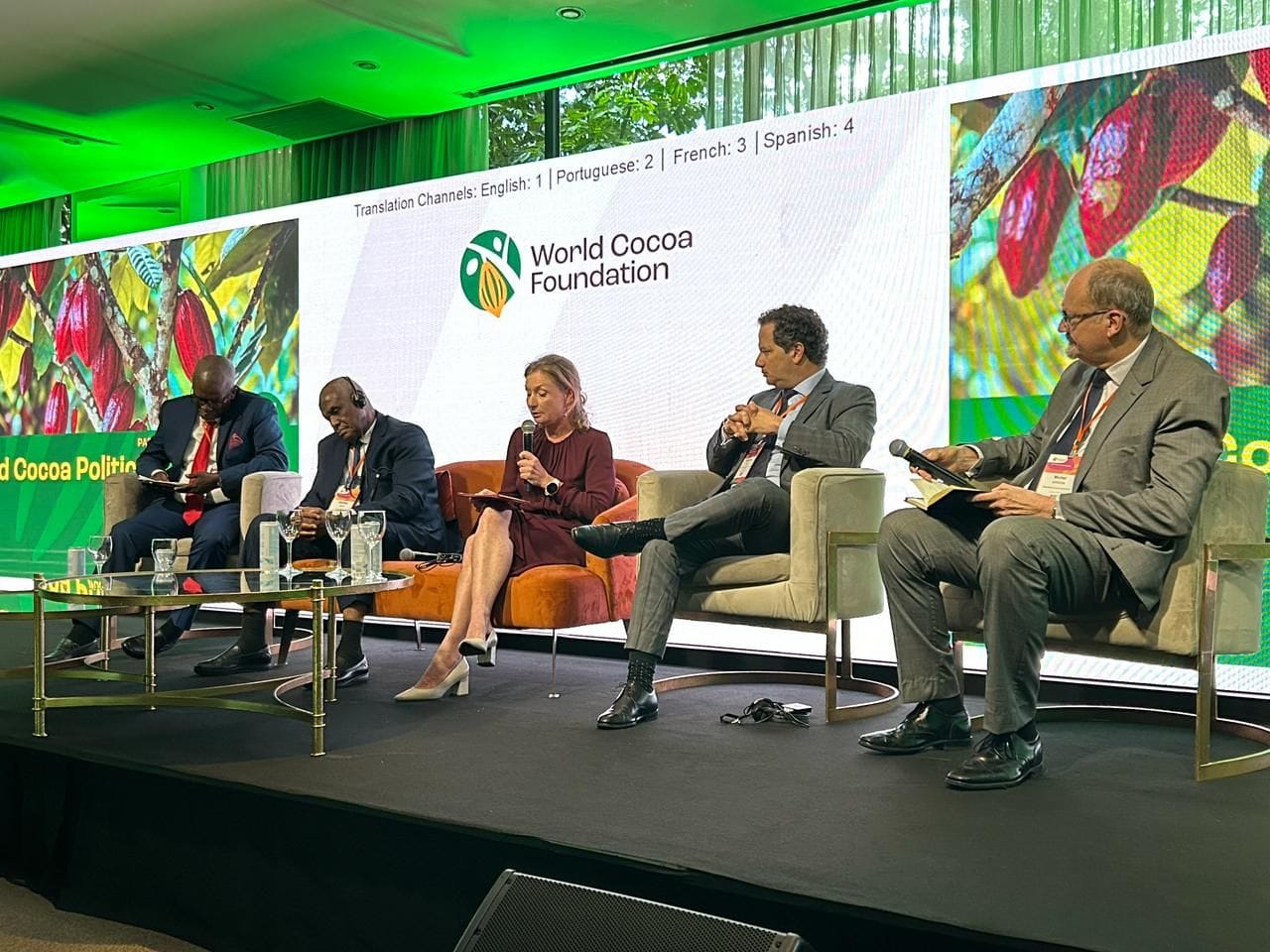
His video message was broadcast during a ‘Fireside Chat’ on day one of the meeting that discussed world cocoa politics, addressing import regulations, sustainability goals, and the strategies cocoa-exporting countries are adopting to enhance quality, revenue, and community impact.
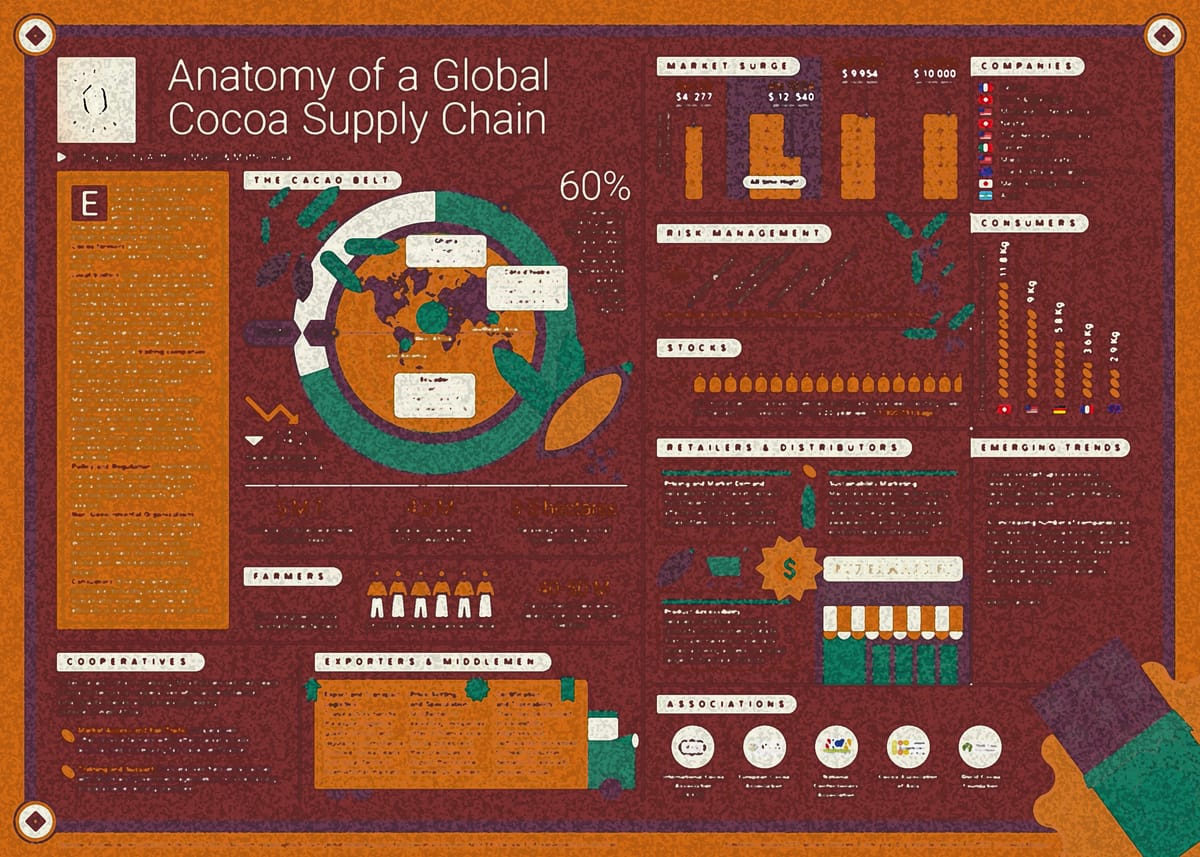
His counterpart in Cote d’Ivoire, Yves Brahima Koné, directeur général du Le Conseil du Café Cacao (CCC), also did not attend in person (although both organisations sent their deputies), choosing instead to speak via video.
His message highlighted cocoa’s record prices and questioned whether they could create an opportunity to address critical and long-standing issues affecting the region.
He explained that the challenges of cocoa production are not only linked to the price of cocoa. He said that until two years ago, prices remained at very low levels. His country’s cocoa sector's challenges include productivity, the environment, and farmgate prices.
Koné said if the industry wants Cote d’Ivoire, the world’s largest cocoa producer, to maintain its output, then it's vital to ensure that prices are at a level that enables the regulator to pay farmers’ “a substantial remuneration”.
“The industry has to play its part, and we as a producing country also have our part to play,” he said.
Koné explained that price volatility doesn’t encourage farmers to continue growing cocoa, and some of the big chocolate companies refusing to pay the set price need to reconsider their attempts to drive down the market.
A collaborative environment
Guilherme Moura from Brazil's Agriculture Federation of Bahia state (FAEB) / CNA, said the historical and current importance of high prices for cocoa production in Brazil, while important, are insufficient without research, technical assistance, and education.
He also emphasized the need for a collaborative environment involving the private sector and the importance of sustainability in the cocoa sector, with 70% of production in agroforestry.
Moura also stressed the necessity of profit distribution along the supply chain, particularly benefiting small farmers, and the diversification strategy to improve their income.
Wieneke Vullings, Ministry of Foreign Affairs, The Netherlands Consul General of the Netherlands in São Paulo, talked of the importance of a multi-stakeholder approach to sustainability and resilience in the context of EU regulations.
She highlighted the role of regulations in promoting transparency, due diligence, and stopping deforestation while also addressing the risks of inequality and the potential negative impact on small farmers.
Vullings stressed the need to correctly implement these regulations to ensure they benefit all parties and not disproportionately burden producing countries. She said, “Regulations are seen as tools to enhance transparency, due diligence, and stop deforestation, ensuring a healthy sector and living income.”
Endnotes
The two-day summit wrapped up after 500 global leaders convened in South America during significant market disruption and intensifying regulatory pressures.
Representatives from governments, cocoa-growing communities, companies, civil society, and academia argued that global challenges such as climate change and disease have shifted the need for a sustainable cocoa sector from a moral imperative to a matter of survival.
As the sector faces unprecedented pressure to deliver at speed and scale, this moment demands coordinated, practical approaches towards efficient execution, was the message out of Brazil.
Chris Vincent, president of the WCF said: “As the cocoa sector navigates a period of uncertainty and transformation, recent challenges have demonstrated its interconnectedness. The energy and solutions emerging from São Paulo show that the sector is ready collaborate to achieve resilience through sustainability, to invest in innovation and to support cocoa communities worldwide."
A collective call to action
As the event closed, the WCF and its partners issued a strong call for shared responsibility and action across the cocoa value chain. “Resilience is not just about surviving disruption. It is about building a system in which farmers, companies and communities can thrive,” said Vincent.
“The conversations and commitments made here in Brazil will shape the future of cocoa and define the next phase of sustainability in the sector.”
Check out all our coverage from the WCF Partnership Meeting 2025
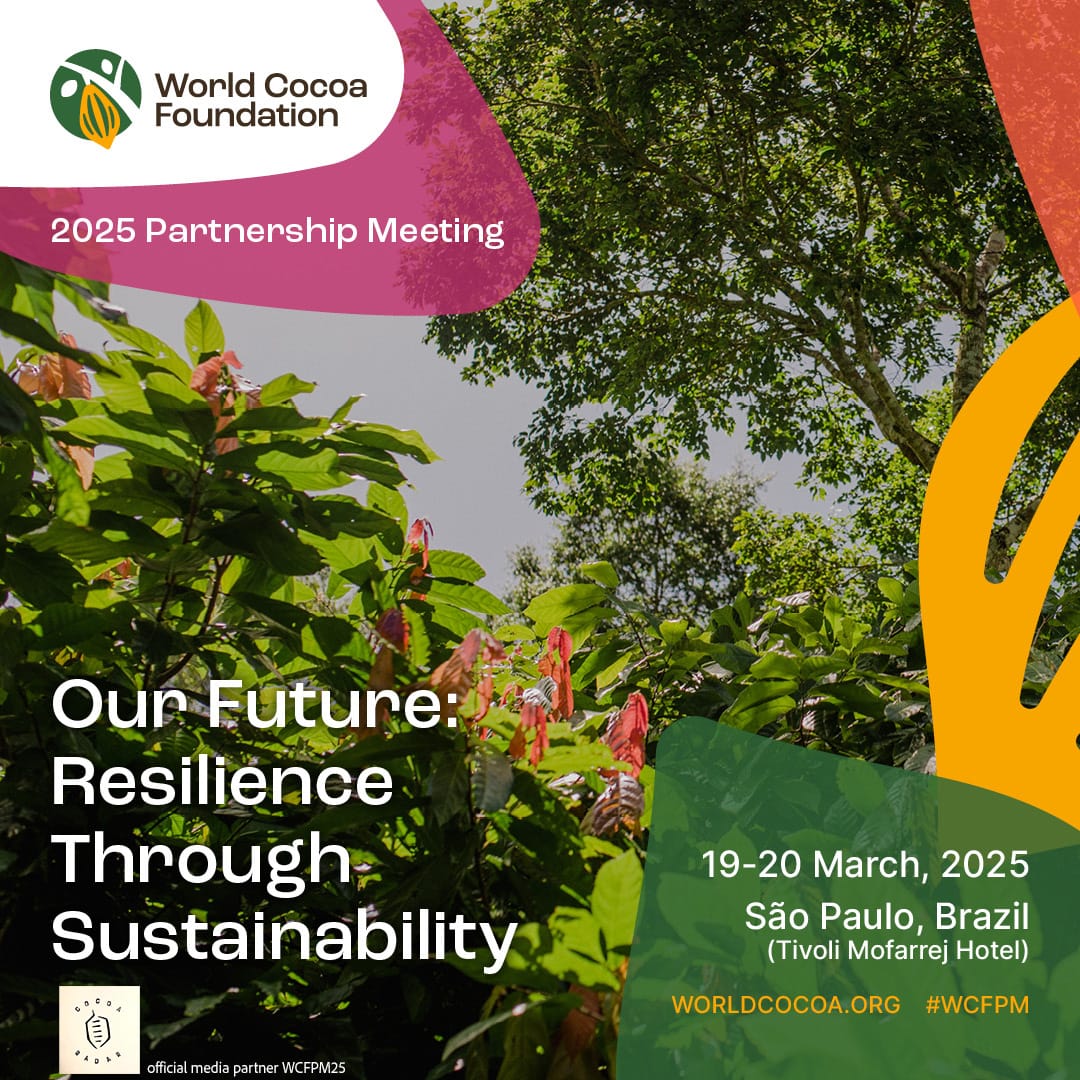
cocoaradar.com is:
- Official Media Partner - World Cocoa Foundation Partnership Meeting in São Paulo, Brazil, 19-20 March 2025.
- Official Media Partner - Amsterdam Sustainable Cocoa Conference, Chocoa, 4-9 February 2025.
- 'From Our Desk. To Yours'
- Sign-up here for free and upgrade to an annual plan with a 35% discount


